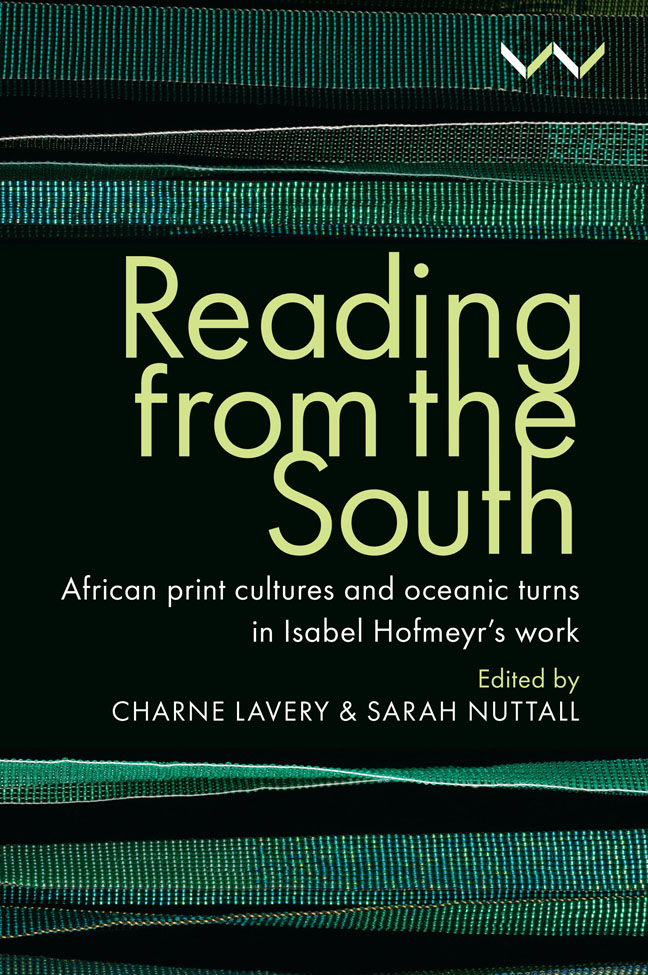Chapter 10 - ‘The Sea's Watery Volume’: More-than-Book Ontologies and the Making of Empire History
Published online by Cambridge University Press: 01 March 2024
Summary
Like the box in Goethe's tale, a book is not only a fragment of the world, but itself a little world.
— Susan Sontag, Under the Sign of SaturnWe thus present a way of thinking of the ocean and its presence beyond the sea's watery volume, as a ‘more-than-wet’ phenomenon.
— Kimberley Peters and Philip Steinberg, ‘The Ocean in Excess’At the bottom there is blackness.
— Alexis Pauline Gumbs, ‘Being Ocean as Praxis’At first glance, Isabel Hofmeyr's estimable career reads like the story of a book lover who ended up falling in love with the ocean. Two major studies that have shaped her reputation as one of the most important, and historically minded, scholars of the book and print cultures are The Portable Bunyan: A Transnational History of The Pilgrim's Progress (2004) and Gandhi's Printing Press: Experiments in Slow Reading (2013). Both of these monographs are deeply engaged with how print, whether between covers or in more ephemeral forms, moves across time and space, carrying and producing geopolitical transformation all at once.
As an Indian Ocean phenomenon, Gandhi's printing press arguably pulled Hofmeyr into the world of ocean studies just as it was gaining currency. To this field she has loaned her considerable acumen and has contributed a raft of edited collections and articles that have illuminated, among other things, how central chronicles of ocean life have been to the political economy and the imaginaries of the global South. Most recent among them is Hofmeyr's 2022 Dockside Reading: Hydrocolonialism and the Custom House, which tracks books and other printed materials from ship to shore, developing an argument about the power of imperial institutions to colonise not only land but water as well.
Here I hope to be forgiven for glossing Hofmeyr's vast body of work through a somewhat telescopic lens. While the book and reading are salient aspects of her career-long projects of research and writing, they may be in danger of eclipsing the vast array of related and unrelated interests and subjects she has brought to our attention – including women and gender in storytelling, the relationship between orality and literacy, popular culture and popular literature, and the field of African literature and studies as objects of inquiry. These have all been central to her thinking over several decades and some are implicated, if not directly addressed, in the story I want to tell of book-to-ocean in her work.
- Type
- Chapter
- Information
- Reading from the SouthAfrican Print Cultures and Oceanic Turns in Isabel Hofmeyr's Work, pp. 148 - 158Publisher: Wits University PressPrint publication year: 2023



